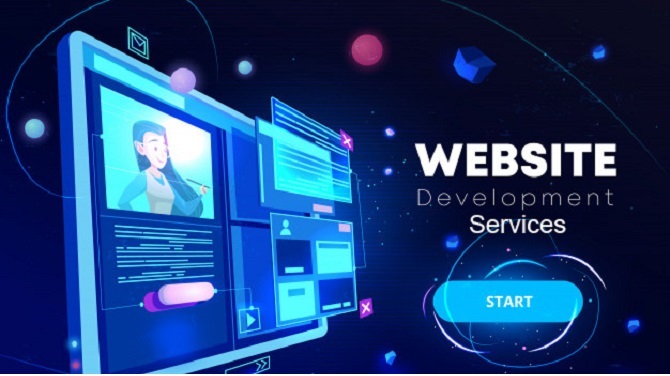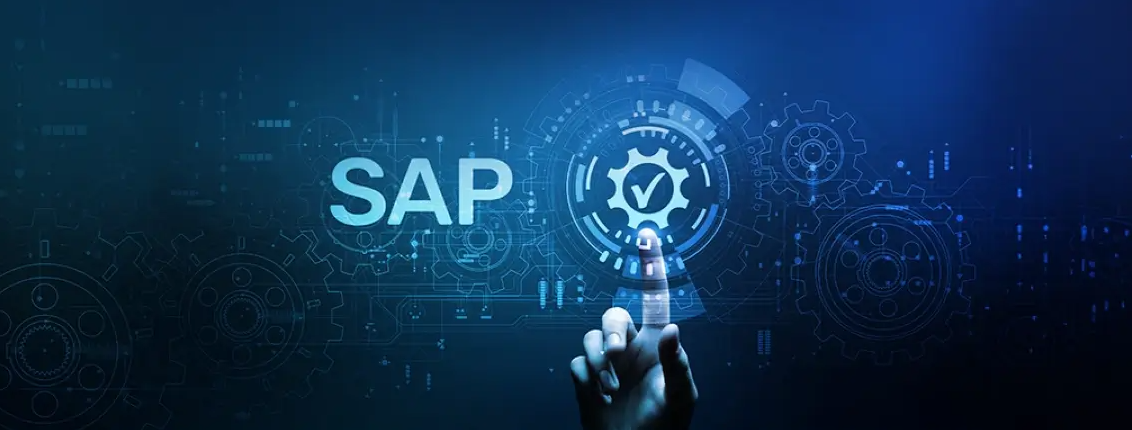In the ever-evolving world of technology, web development has emerged as a sought-after skill set. Whether you’re an aspiring developer or a seasoned professional looking to upgrade your skills, there are a plethora of web development courses that cater to all levels. Among these, the MERN stack course has gained significant popularity due to the demand for full-stack developers proficient in building dynamic web applications. This article will delve into the key aspects of web development courses and the specialized MERN stack course, explaining their importance, structure, and career prospects.
Web Development Courses: Building the Foundation
Web development courses are designed to teach individuals how to create and maintain websites and web applications. These courses vary in complexity, from beginner-level introductions to more advanced, specialized training in specific technologies. They generally cover both frontend and backend development, providing a holistic view of the web development process.
Key Topics in Web Development Courses
- HTML & CSS:
- The basics of web development start with learning HTML (Hypertext Markup Language) and CSS (Cascading Style Sheets). These languages are essential for structuring and styling web pages, allowing developers to create visually appealing and well-organized websites.
- JavaScript:
- JavaScript is a core language in web development. It enables the creation of interactive and dynamic content on websites, such as animations, form validation, and interactive menus. Modern web development relies heavily on JavaScript for both frontend and backend processes.
- Frontend Development:
- Frontend development courses focus on the visual part of the website that users interact with. These courses typically cover frameworks like React.js, Vue.js, and Angular.js, which are widely used to build user-friendly interfaces.
- Backend Development:
- Backend development focuses on server-side functionality. This includes managing databases, server logic, and APIs. Courses cover languages like Node.js, PHP, Python, and Ruby, along with database management systems like MySQL, MongoDB, and PostgreSQL.
- Version Control:
- Understanding version control systems, especially Git, is crucial for developers. Git helps manage code changes and collaborate with other developers efficiently, making it a vital part of any web development course.
- Web Hosting and Deployment:
- Most web development courses teach students how to host and deploy web applications on platforms like Heroku, Netlify, or AWS. This knowledge is essential for making websites live and accessible to the public.
MERN Stack Course: Full-Stack Web Development
The MERN stack has emerged as one of the most popular technology stacks for building full-stack web applications. MERN stands for MongoDB, Express.js, React.js, and Node.js — four powerful technologies that allow developers to work seamlessly on both the frontend and backend of web applications.
Why Choose a MERN Stack Course?
The MERN stack course is ideal for individuals who want to learn full-stack development, covering both client-side and server-side programming. The advantage of MERN is that it uses a single language — JavaScript — throughout the stack, making it easier for developers to transition between frontend and backend development without needing to learn a new language for each layer.
Components of the MERN Stack
- MongoDB:
- MongoDB is a NoSQL database used to store data in flexible, JSON-like documents. It is scalable, which makes it ideal for handling large amounts of data in modern web applications.
- Express.js:
- Express.js is a web framework for Node.js that simplifies the development of server-side applications. It provides tools for building robust APIs and handling HTTP requests efficiently.
- React.js:
- React.js is a frontend library developed by Facebook, used to build user interfaces, particularly for single-page applications (SPAs). React allows developers to create reusable components, making the development process faster and more organized.
- Node.js:
- Node.js is a server-side runtime environment that allows JavaScript to be used for backend development. It is known for its speed and scalability, making it an excellent choice for building high-performance web applications.
Key Topics in a MERN Stack Course
- Frontend Development with React.js:
- Students will learn how to build dynamic user interfaces using React.js, covering topics such as state management, component-based architecture, and routing with React Router.
- Backend Development with Node.js and Express.js:
- A significant portion of the MERN stack course focuses on backend development. This includes building APIs, handling HTTP requests, managing databases, and working with Express.js to create server-side logic.
- Database Management with MongoDB:
- Students learn how to integrate MongoDB with Node.js, including data modeling, querying, and handling database operations efficiently.
- Authentication & Security:
- A MERN stack course also covers user authentication techniques such as JWT (JSON Web Tokens), OAuth, and security practices to protect web applications from common threats.
- Deployment:
- Just like in standard web development courses, the MERN stack course includes training on deploying applications on platforms like Heroku or AWS, ensuring that the project can be accessed and used by real-world users.
Benefits of Web Development and MERN Stack Courses
- High Demand for Full-Stack Developers:
- Companies across the globe are seeking full-stack developers who can handle both the frontend and backend development. This skill set makes you more versatile and valuable in the job market.
- Streamlined Learning with JavaScript:
- One of the greatest advantages of a MERN stack course is that it uses JavaScript throughout the stack. This means that once you master JavaScript, you can work seamlessly on both the frontend and backend, significantly reducing the learning curve.
- Comprehensive Skill Set:
- Whether you take a general web development course or a specialized MERN stack course, you will gain a comprehensive understanding of building, deploying, and maintaining web applications. This makes you capable of handling a wide range of web development projects.
- Career Growth and Opportunities:
- Web development skills are in high demand across various industries, including e-commerce, education, healthcare, and entertainment. Full-stack developers, in particular, have a competitive edge and enjoy higher salaries.
- Hands-On Experience:
- Both web development and MERN stack courses are highly practical. Students get the chance to work on real-world projects, building their portfolios and showcasing their skills to potential employers or clients.
Why Choose These Courses?
If you are interested in learning how to build complete, dynamic, and efficient websites, web development courses offer a solid foundation. For those looking to dive deep into full-stack development, especially using JavaScript, the MERN stack course is an excellent option.
In Lahore and beyond, there are various institutions and online platforms offering these courses. They range from beginner-friendly courses to advanced training programs, catering to both newbies and experienced developers looking to upgrade their skills.
Conclusion
The tech world is rapidly evolving, and being skilled in web development opens numerous career opportunities. Whether you choose a general web development course to cover both frontend and backend aspects or a specialized MERN stack course to focus on full-stack development using modern technologies, both paths lead to promising careers. With hands-on training and real-world projects, these courses provide you with the skills needed to succeed in today’s competitive job market.



